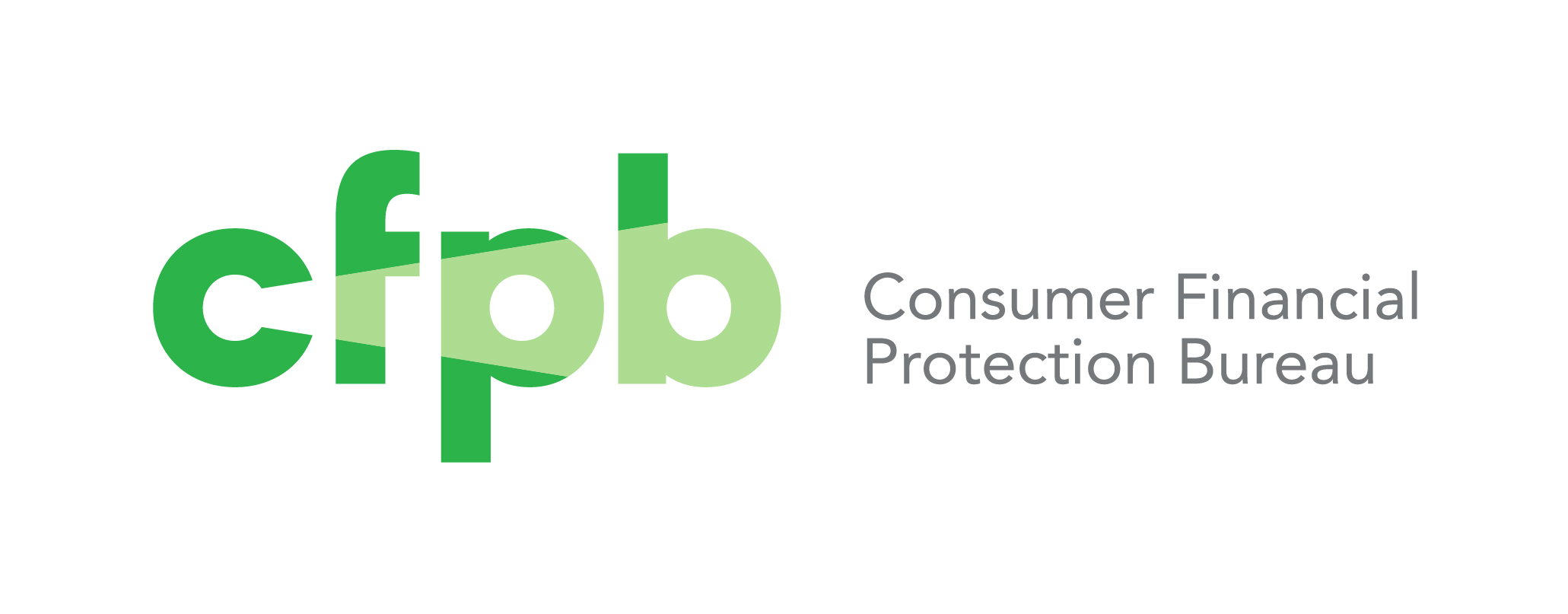The Consumer Financial Protection Bureau (CFPB) is a federal agency established in 2010 under the Dodd-Frank Wall Street Reform and Consumer Protection Act. It was created in response to the 2008 financial crisis to improve accountability in the consumer finance industry. The CFPB’s primary mission is to ensure consumers have access to fair, transparent, and competitive markets for financial products, while also offering education on financial matters.
The CFPB supervises banks, lenders, and other financial institutions to prevent unfair, deceptive, and abusive practices. It also consolidates consumer protection responsibilities that were once divided among several government offices.
Key Responsibilities
The CFPB enforces federal consumer financial laws, creates rules to enhance market transparency, and processes consumer complaints about financial products and services. Its current director, Rohit Chopra, also serves on the Federal Deposit Insurance Corporation (FDIC) board, working alongside other regulators to oversee financial institutions.
Recent Actions by the CFPB
The CFPB has implemented several initiatives to protect consumers and promote fairness in the financial sector:
- Medical Debt Removal
A new rule effective this year removes $49 billion in unpaid medical debt from credit reports. This change prevents medical bills from impacting credit scores and prohibits lenders from considering medical debt when evaluating borrowers’ repayment ability. - Overdraft Fee Reductions
A rule finalized in December 2024 requires banks and credit unions with over $10 billion in assets to reduce overdraft fees, which typically average $35 per transaction. Alternatively, these fees must be treated like other lending programs, with terms disclosed to consumers. The rule will take effect on October 1, 2025. - Credit Card Rewards Program Oversight
In January 2025, the CFPB announced stricter enforcement against credit card companies whose rewards programs violate federal law. - Credit Repair Refund
In December 2024, the CFPB distributed $1.8 billion to 4.3 million consumers who were charged illegal advance fees by Lexington Law and CreditRepair.com, which marketed credit repair services through telemarketing. - Apple Card Fines
In October 2024, Apple and Goldman Sachs were ordered to pay nearly $90 million in penalties due to customer service failures and misrepresentations that harmed Apple Card users. - Late Fee Restrictions
A March 2024 rule reduced credit card late fees from $32 to $8, potentially saving consumers over $10 billion annually. However, the rule has been delayed by a lawsuit filed by the U.S. Chamber of Commerce, which is still pending.
What the CFPB Can Do for You
The CFPB offers several resources and services for consumers:
- Submit a Complaint: Consumers can file complaints about financial products and services, such as credit cards, mortgages, and debt collection. The CFPB facilitates responses from companies and uses these complaints to shape its priorities.
- Blow the Whistle: Current or former financial industry workers can report misconduct confidentially through the CFPB’s secure channels.
How to Contact the CFPB
The CFPB provides multiple ways for consumers to reach out or access information:
- Website: Visit consumerfinance.gov for resources, including the “Ask CFPB” library, which answers common financial questions.
By consolidating consumer protections and enforcing transparency, the CFPB continues to serve as a critical safeguard in the financial sector, ensuring fair practices and helping consumers navigate complex financial systems.














